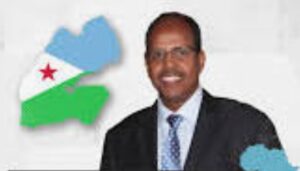
The 2025 election of Mohamoud Ali Youssouf as the President of the African Union (AU) marked a significant shift in the political dynamics of the organization. Historically,
OAU/AU elections were influenced by factors such as ethnicity, Cold War allegiances, and linguistic divisions (Monrovia vs Libreville, or Anglophone vs. Francophone), which often marginalized certain regions, particularly North Africa and some East African contries. However, the introduction of a new system based on five geographic groupings aimed to ensure broader participation and inclusivity, allowing smaller nations like Djibouti to compete on a more level playing field.
Djibouti’s victory in 2025 was the result of a combination of strategic efforts and national tactical factors. The country worked diligently and wisely to position itself as a viable candidate, leveraging the new geographic grouping system to its advantage. Additionally, Kenya’s missteps played a role in Djibouti’s success. Kenya’s overconfidence and perceived arrogance, coupled with its repeated diplomatic errors—such as alienating the Southern African Development Community (SADC) during the Congo crisis and its controversial stance on the Palestine conflict—weakened its candidacy. Furthermore, doubts about Raila Odinga’s suitability for the role, including his age, domestic political challenges, and his position on Somaliland’s secession efforts, further diminished Kenya’s chances.
This election was notable for being one of the first AU elections that was largely free from traditional biases such as ethnicity, language, and neocolonial influences. It represented a more objective and inclusive process, reflecting the evolving political landscape of the African Union. Djibouti’s victory symbolized a new era in African politics, where smaller nations could rise to leadership positions based on merit and strategic diplomacy rather than historical divisions or external pressures.




